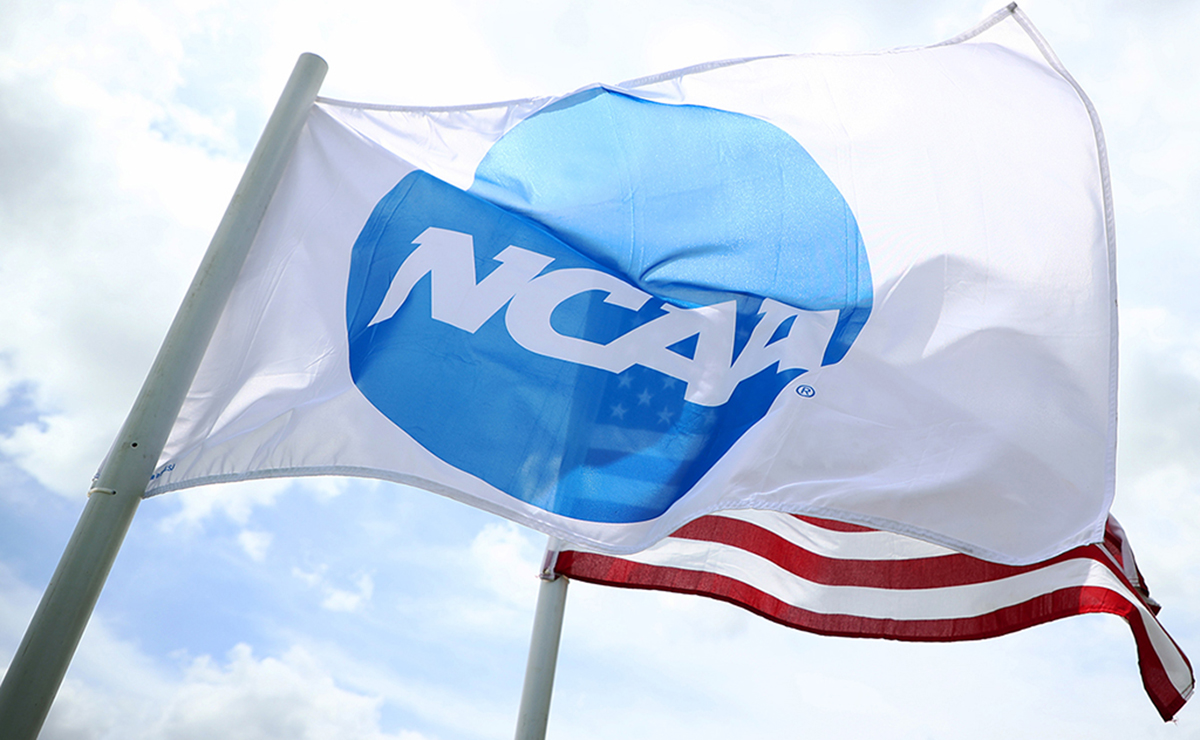TEMPE – You can’t spell Sun Devils without NIL, and the sign of the new times has never been more prevalent in Tempe.
Before the NCAA approved Name, Image and Likeness deals in July 2022, Arizona State coaches focused more on recruiting and less on retaining. The transfer portal existed, but rules and regulations made its impact minimal over a long stretch of time.
It took decades for college athletes to be financially compensated for their contributions to the university. Last year, the NCAA introduced the legality of NIL and eased the rules of the transfer portal, which changed the landscape of college athletics for the foreseeable future.
Opinions on NIL vary by coach, and some consider it a sensitive subject. Rosters are being rebuilt across most sports at staggering rates each year.
Seven players entered the portal from last year’s Arizona State men’s basketball team. Three of the seven – DJ Horne, Devan Cambridge Jr. and Warren Washington – started an average of 34 of the team’s 36 games last season.
“It’s tough when you only bring back three guys off of an NCAA tournament appearance and 23 wins,” Arizona State men’s basketball coach Bobby Hurley said. “Some of the guys we lost, we lost for a variety of reasons. So it’s hard to just pinpoint it strictly to NIL, but I think in some cases NIL may have played a factor in terms of attainment.”
The team had to rebuild through the portal and secured commitments from at least five Division I transfers for the upcoming season, including LSU transfer Adam Miller and Louisville transfer Kamari Lands
“I just want to put my head down and work,” Hurley said. “We were able to bring in the players that we’re able to bring in. I’m excited about them, I’m excited about working with them. And so that’s kind of where my mindset is in terms of what we’re able to do with our offseason.”
In college athletics, loyalty used to be a reward for the growth of a relationship between a player, coach and the school. Loyalty has become an almost extinct trait replaced by promises and dollar signs in the age of NIL.
“I think it’s going to destroy college baseball and college sports just because there’s no cap on it and it can’t be regulated,” Arizona State baseball coach Willie Bloomquist said. “It’s turning into a very, very dirty, ugly business behind the scenes and in a swamp that is unregulated. It’s tough to regulate.”
“There are shifty, shady things going on all over the place that we’ve experienced firsthand recently, but at the end of the day, it’s going to turn into the wild west if it hasn’t already, and it’s only going to get worse.”
On the surface, many agree with the concept of college athletes getting paid. Participating in Division I athletics as a student-athlete is equivalent to a full-time job with classes, practices and everything in between. Last year, ASU athletics generated $100 million in revenue from sources such as media-rights payouts, sponsorships, donors and student fees.
“I hope the players that choose to come here get paid the maximum amount of money they could ever get paid – more than anybody in the country,” said Arizona State football coach Kenny Dillingham.
The lack of regulations and transparency has created unprecedented amounts of division between coaches across the NCAA as they attempt to build rosters for their respective upcoming seasons. An arms race has been created across all sports, and the art of recruiting has been changed for the foreseeable future.
“How are you supposed to build a program of integrity, honesty and transparency when you have this stuff going on behind everyone’s back?” Bloomquist said.
Luke Hill, a true freshman who started the second-most games for the Sun Devils last season, entered the transfer portal hours before the July 13 deadline. The move created internal shockwaves throughout the program.
The standout freshman was expected to return for his sophomore season. Almost seven weeks after the 2023 ASU baseball season concluded, Hill entered the portal, leaving the ASU baseball program in a bad position to recruit another high-caliber shortstop.
“My shortstop left at the 11th hour of the last day in the transfer portal,” Bloomquist said. “How do you know who’s coming back and who’s not? It’s going to make it very difficult for people to trust players … So what do you do as a head coach in that situation? Do you sign a gazillion players and get the reputation of being a jerk because you over-signed? How do you know? You don’t know who’s coming.”
Whether NIL is an itch that can’t be scratched or a blessing in disguise, it’s a part of college athletics that will impact programs for years to come. It’s changed how coaches recruit, but one thing remains the same for Arizona State coaches: They want people who want to be Sun Devils.
“We’re gonna recruit people who want to be here,” Dillingham said. “That’s the number one thing about our philosophy is: there’s no tricks, there’s no gimmicks, there’s no promises. I want people who want to be here, I firmly believe that this is a special place, I have a passion for this place. When people walk into this building, they better have pride in it, they better have a passion about it. And that’s what we keep the main thing when we talk and recruit is, ‘Do you want to be here? Do you want to be a part of this? Do you want to be a part of something that could be special?’”



